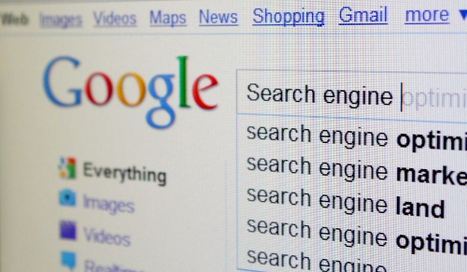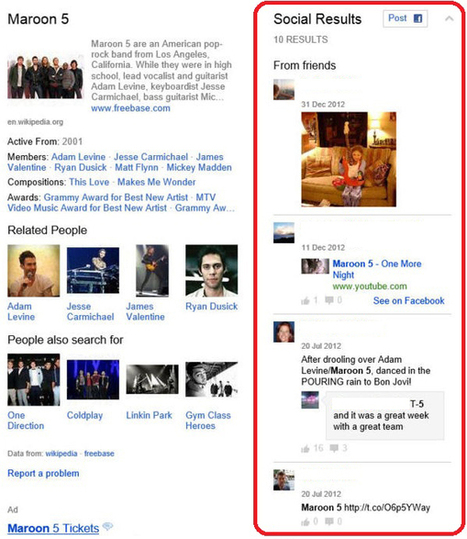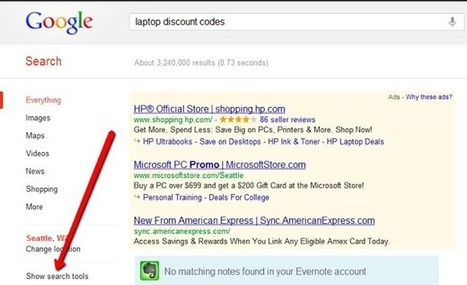Today, Google announced the rollout of its Knowledge Graph, which will cause a big change to how results are delivered in the SERPs. Basically, the intent behind the Knowledge Graph is for search engines to think more like a human -- and deliver results that reflect that. It's gradually rolling out in the U.S. as we speak, but you might not see it for yourself quite yet. After the initial rollout is complete, Google will expand the Knowledge Graph to searches on mobile and tablet devices, then to languages other than English.
As Google puts it, Knowledge Graph, "taps into the collective intelligence of the web and understands the world a bit more like people do." Wait. What exactly does that mean? Let's take a deeper look at this rollout, and try to make things a little clearer!
What is Google's Knowledge Graph?
Read more: http://bit.ly/J4FaEA
Via
Martin Gysler
 Your new post is loading...
Your new post is loading...
 Your new post is loading...
Your new post is loading...














Love talking Semantic Web with friends like @DavidAmerland. David is brilliant and a great writer (FOLLOW HIM). I loved weighing in on his Google Plus post about the Semantic Web race.
You better believe there is a race. There is a race because everyone involved can ADD (lol). Semantic web is going to change everything...again. Shared some thoughts on HOW.
https://plus.google.com/u/0/115620878851836664537/posts/KYTw7MNxq4p
Sorry about the length of my rant (lol). Semantic web is pretty exciting to THINK bout much less actually start to program for :).M